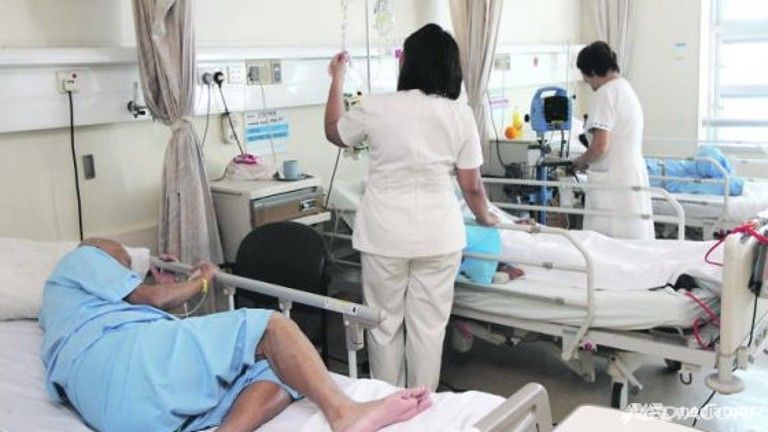Singapore’s public healthcare spending as a percentage of GDP, at just about 2.5 per cent ($9.8 divided by $400 billion), is probably the lowest in the world.
I refer to the article “Long-term care: If this is so important, why aren’t we putting our money where our mouth is?” (Straits Times, Oct 7).
It states that “To meet the needs of an ageing population, the Government has significantly ramped up healthcare spending, from $4 billion in financial year 2011 to $9.8 billion last year.
Public spending on long-term care (LTC) was $600 million in 2015, the latest year for which data is available, according to figures from the Ministry of Health (MOH).
While spending on LTC in 2015 was four times that of 2011, it still accounted for only around 7 per cent of the MOH budget ($8.7 billion) and less than 0.15 per cent of Singapore’s gross domestic product ($408 billion) that year.
In contrast, Organisation for Economic Cooperation and Development (OECD) nations spent an average of 1.4 per cent of GDP on LTC in FY2014, the latest year for which figures are available.”
From the above statistics – you can calculate that Singapore’s public healthcare spending as a percentage of GDP, at just about 2.5 per cent ($9.8 divided by $400 billion), is probably the lowest in the world.
As to “The starting pay for some foreign nursing home staff can still be less than $600 a month, excluding accommodation and food” – is it any wonder that the quality of our long-term care services leaves much to he desired?
Leong Sze Hian
